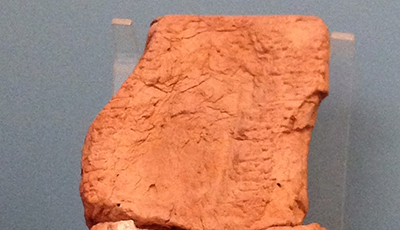Rules of the Game
Rules of the Game
Rule One: Have A Good Time - The primarily rule is that the players should have an enjoyable time. As the GM is a player, this rule applies to the GM as well.
Rule Two: The GM is Always Right - If the first rule is in place, then the second rule that needs to be enforced is that the GM is always right. The way this works itself out is that the GM is the primary story teller of the world, and in many cases this will mean fixing, correcting, and adjusting the setting to ensure that rule one is being upheld. In some cases, this might mean that the GM will Break Rules three and four.
Rule Three: The Players Exert Creative Control - The third rule to get in place is that the players and the GM interpret the rules to build a more entertaining experience for all involved. This means that players can make declarative statements about the world or their character in alignment with the previously stated rules.
Rule Four: The Rules Beyond What is Written - The fourth rule has several parts. It boils down to the following House Rules are more important than Expansion rules which are more important than Rules as Written which are more important that the alternative rules.
House Rules: When the Players and the GM agree upon a process of resolution that they prefer that is different than the rules as written or the rules that have been expanded upon it is considered a house rule. These rules do not need to be formally documents, but if the group of players wants to grow their circle of players than they should try to formally describe these rules in order to ensure new users can easily understand and conform to these rules in order for Rule One to be maintained.
Expansion Rules: When players procure new rules written down from another group of players or from online or from a purchased expansion, these rules are considered Expanded Rules or Expansion Rules. These rules are not as important as House Rules, but they are more important than the rules as written. Players may choose to demote a give rule in each publication to the status of an Alternative Rule. This means they are not used by the group except in unusual circumstances.
The Rules as Written: The rules as written are these rules within this document. These rules are not particularly important, except as a basis for building the rules sets you see above. Also take note that because house rules and expansion rules are more important the rules as written, your house rules can override this rule and in the case of a group that wants a play style that conforms to the rules as written this rule itself can be re-written to make it more important that even rule one.
These rules will only change by the author of these rules making updates to this collection of rules. Thus, due to their permanence they should be the least important of rules other than rules that are outright rejected.
Alternative Rules: Alternative rules are a collection of rules that the group has rejected for any reason and they will not be used in play. These rules are kept around in case certain circumstances or predicaments elevate their importance. They can also be used as ideas by the players to create new house rules. This last step is important when it conforms to rules one and two. This means that the game is always evolving as the players find new ways of resolving the predicaments, they find their characters in.
In summary, any rule starts here as an Alternative Rule. It will be promoted by the players to the level they wish to use it. Rules can also be demoted to this level. However, there is no way to demote a rule below this level. Even a bad alternative rule should still be considered as something to think about as it might be the beginning step in creating a new and more fun rule of play.

Comments